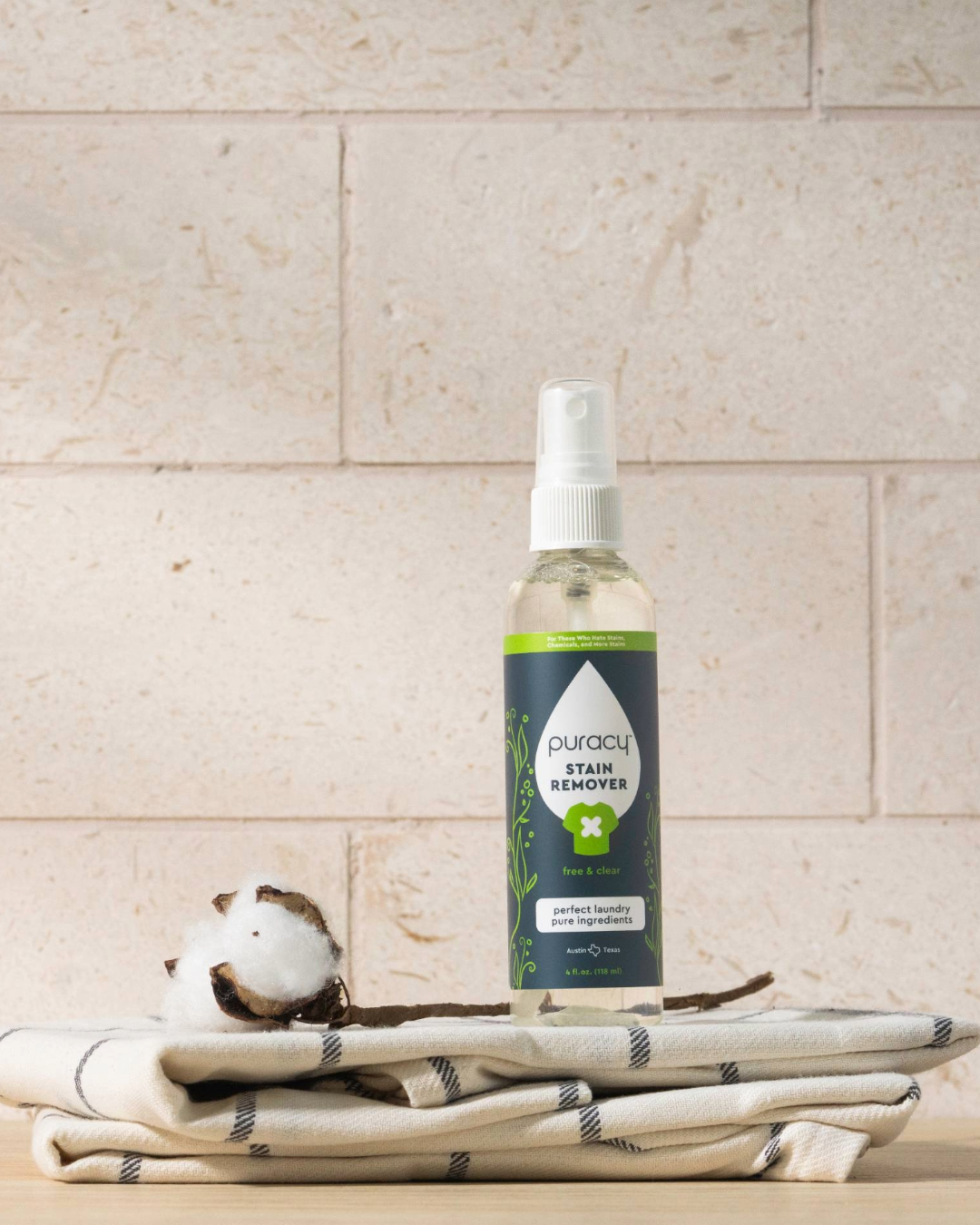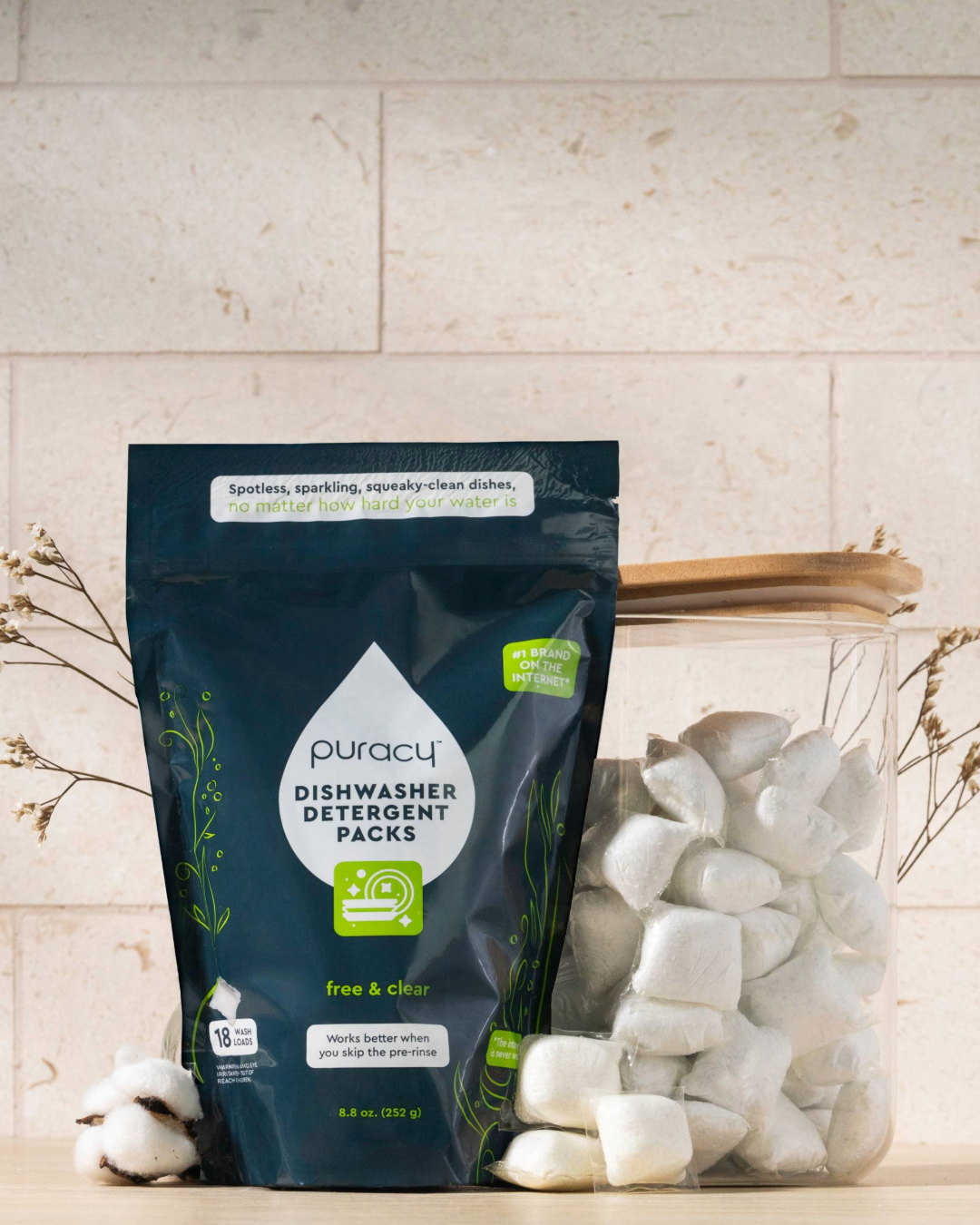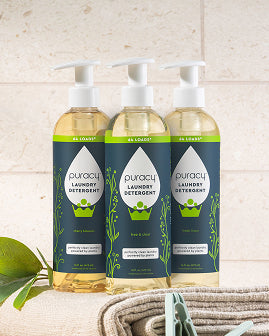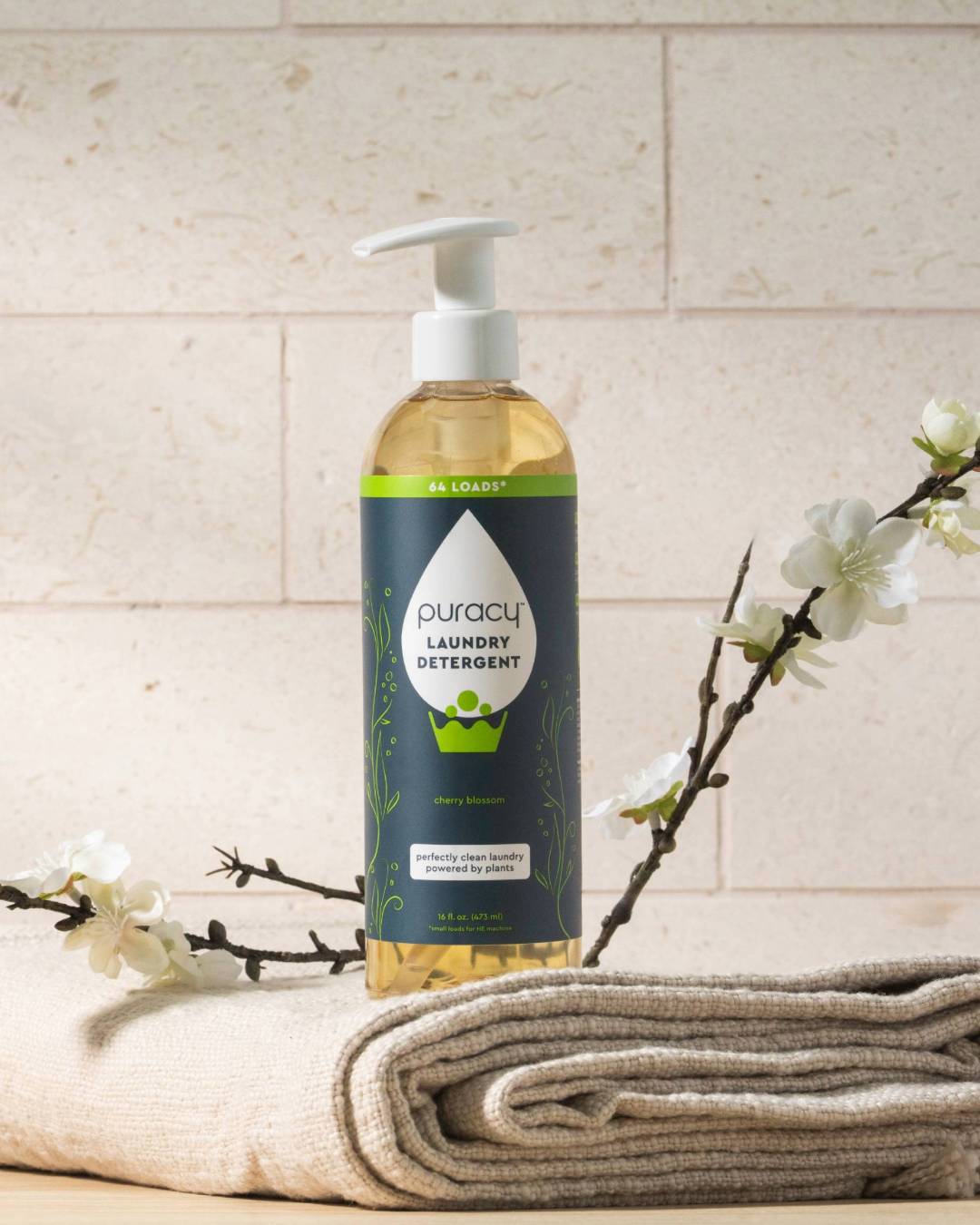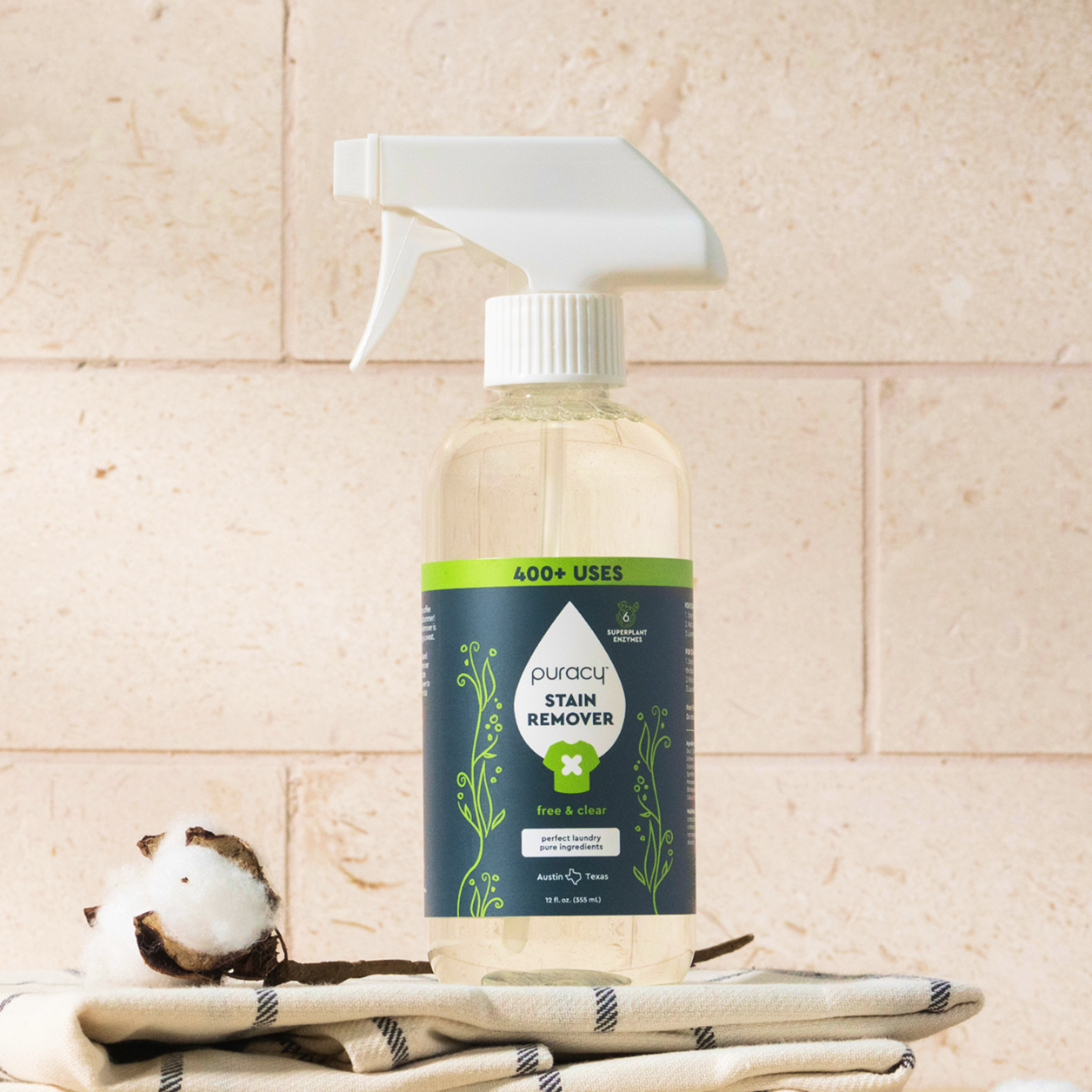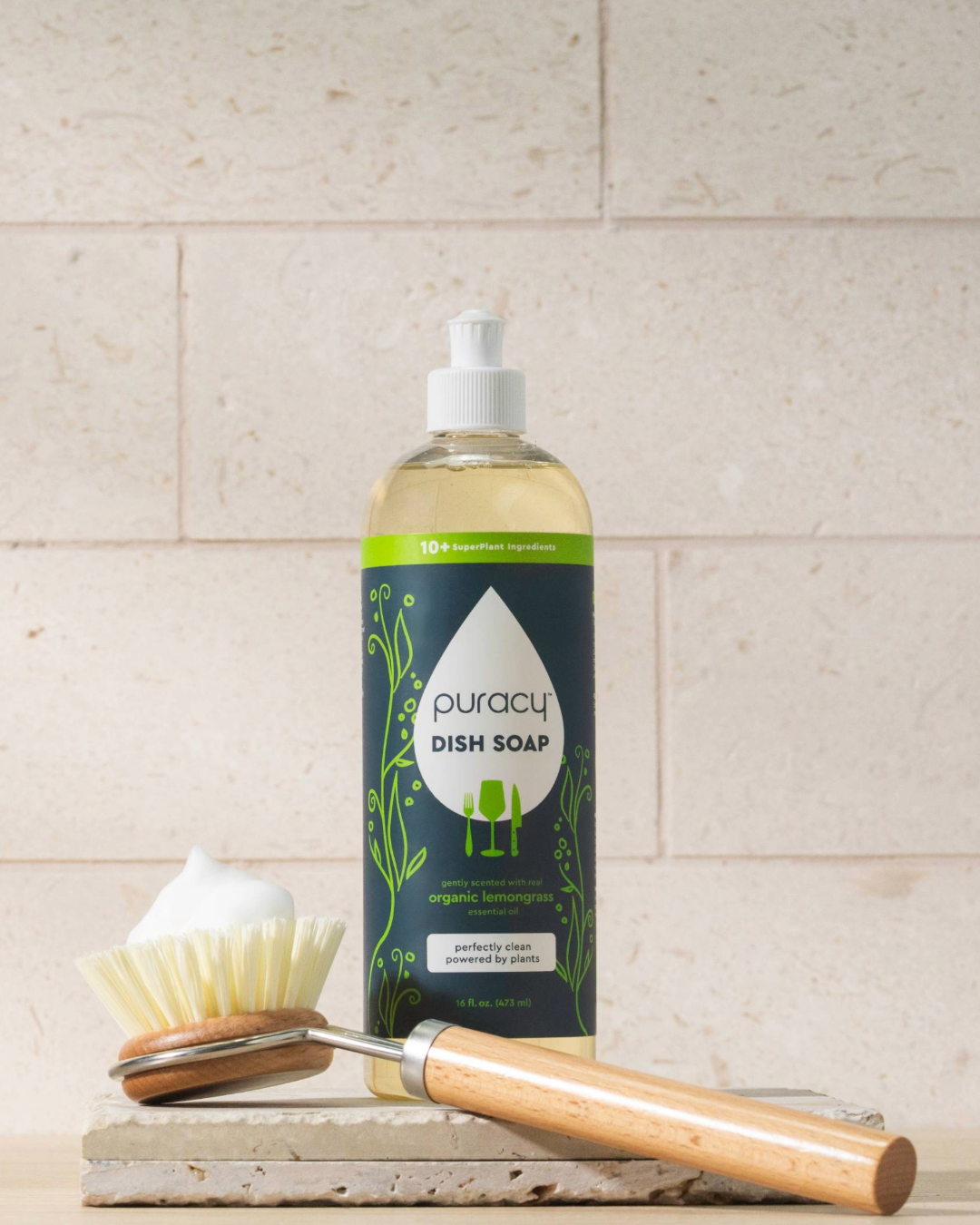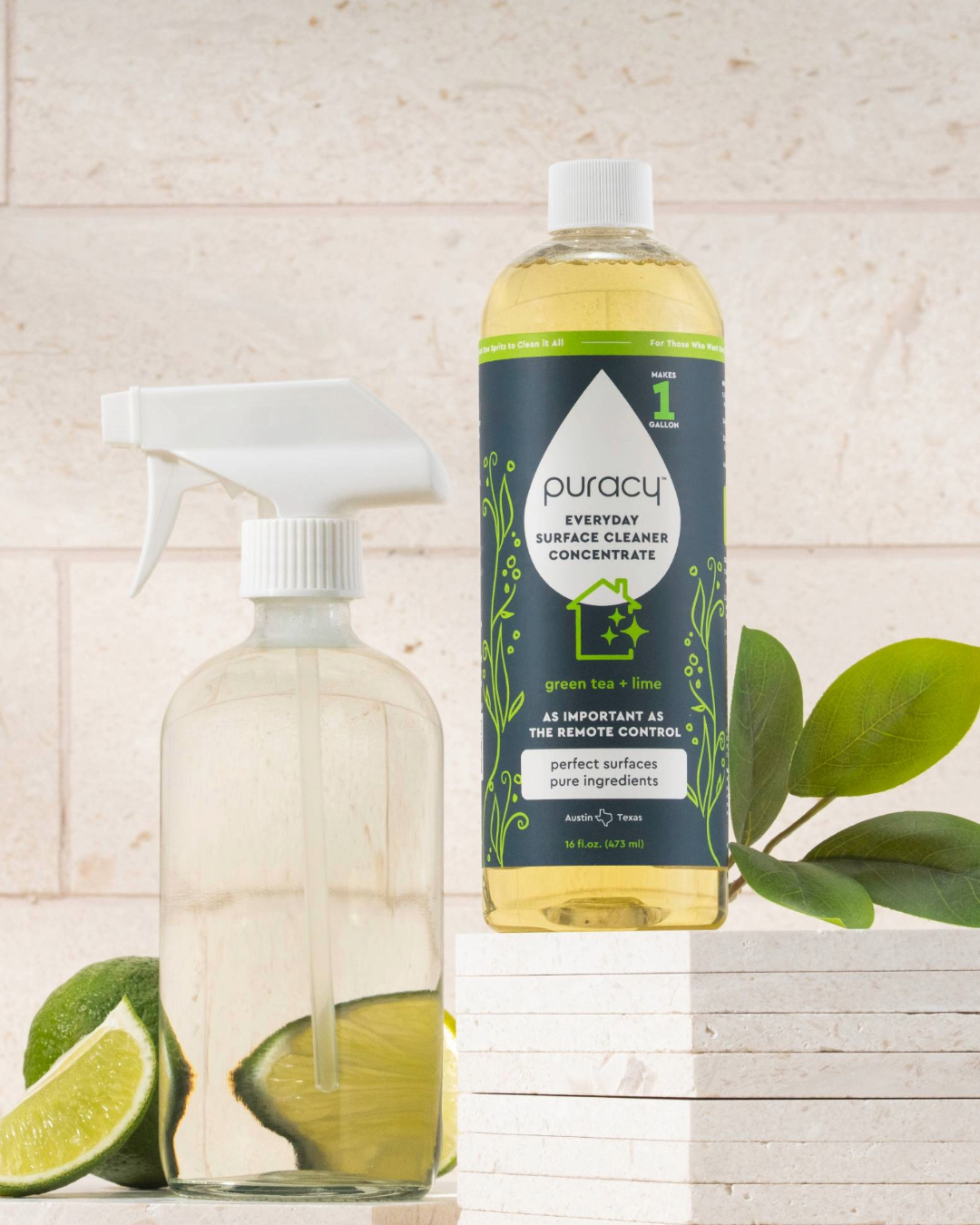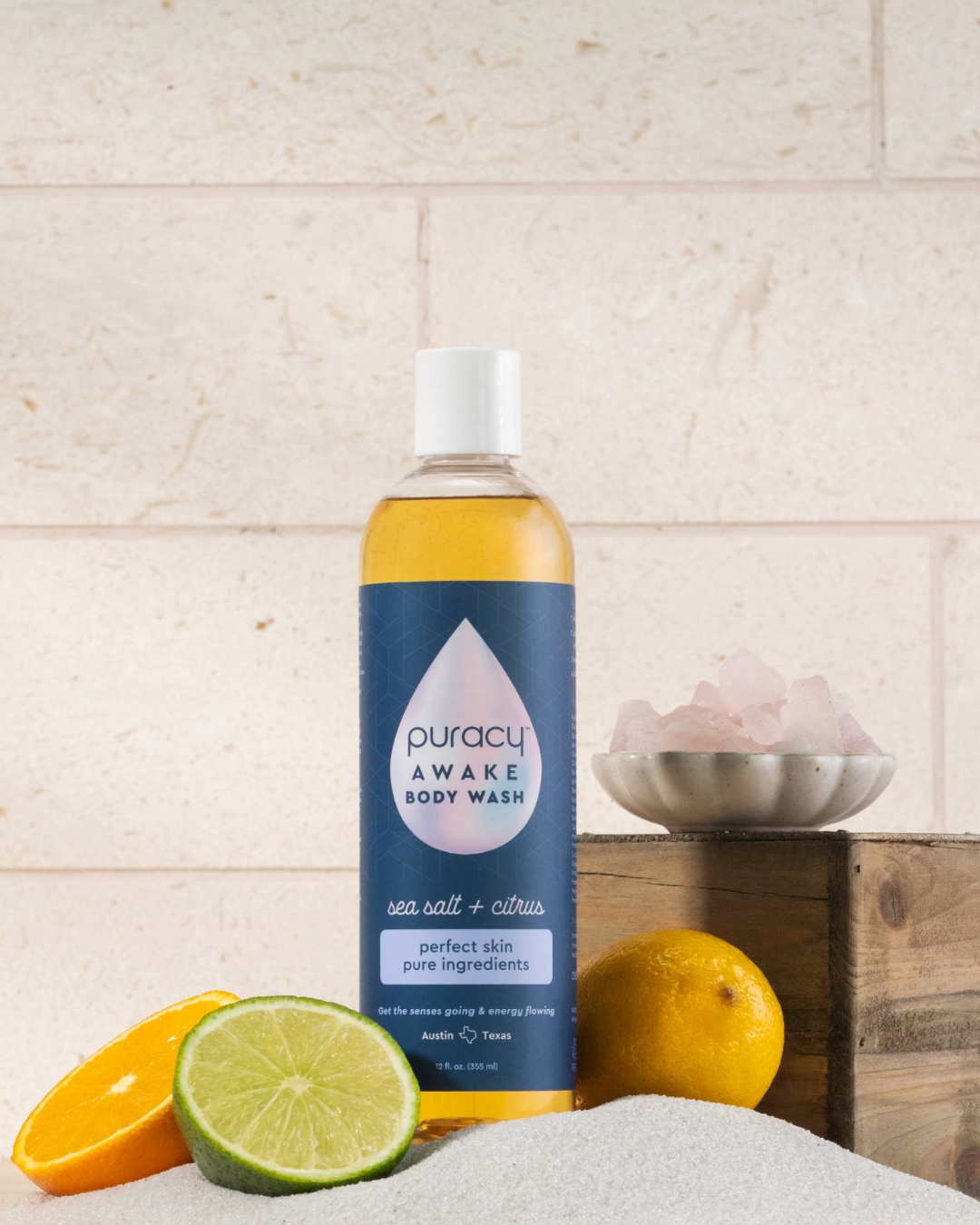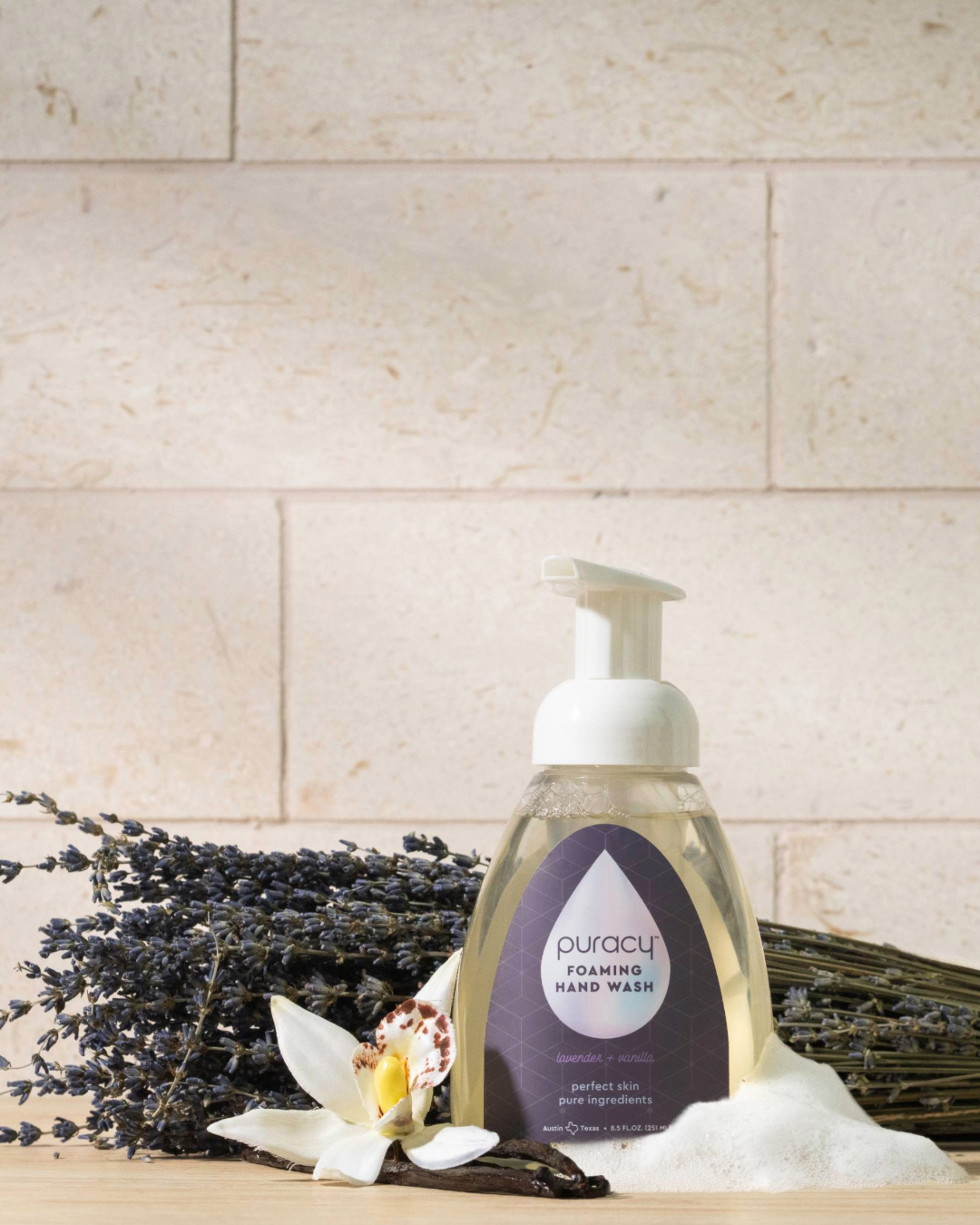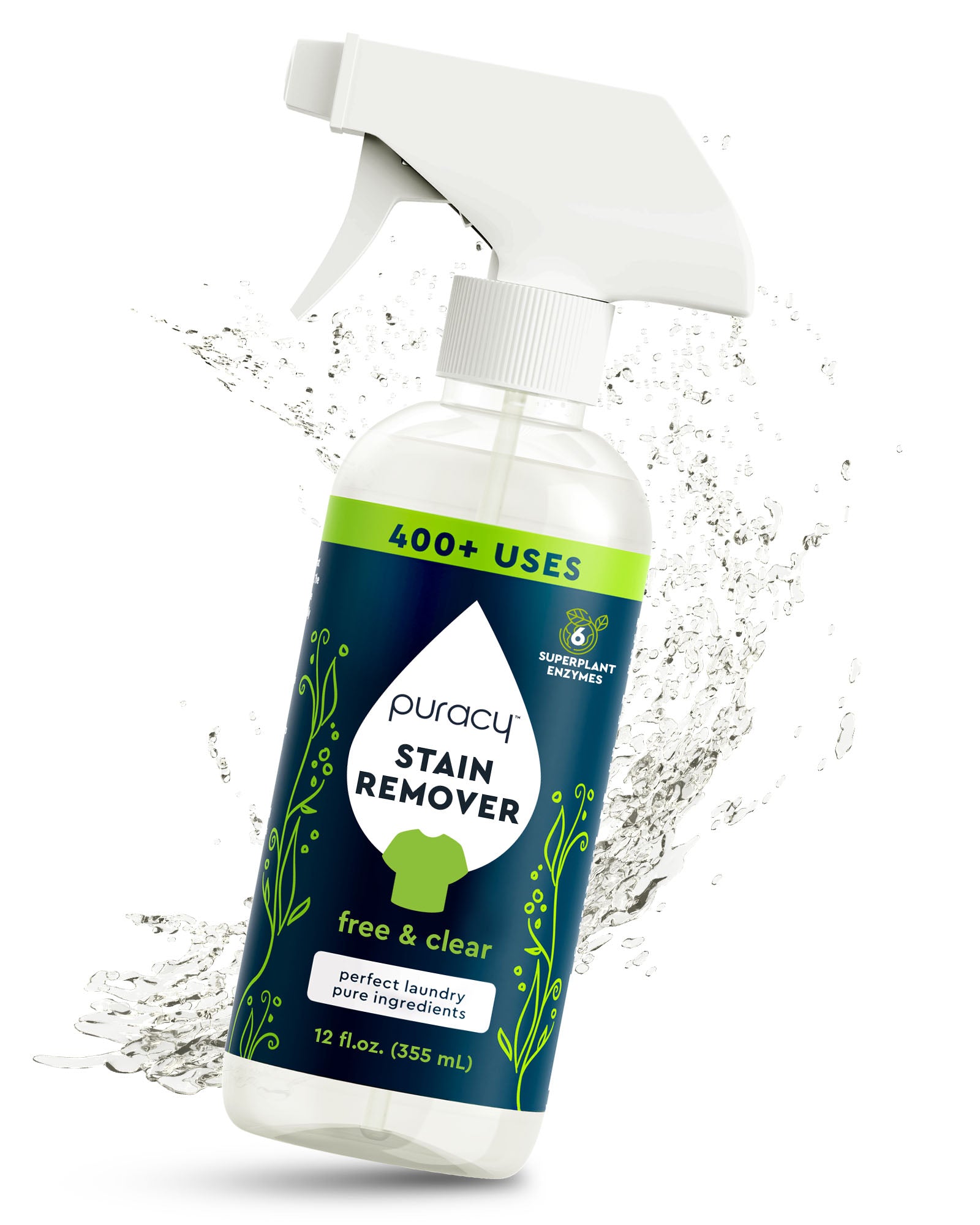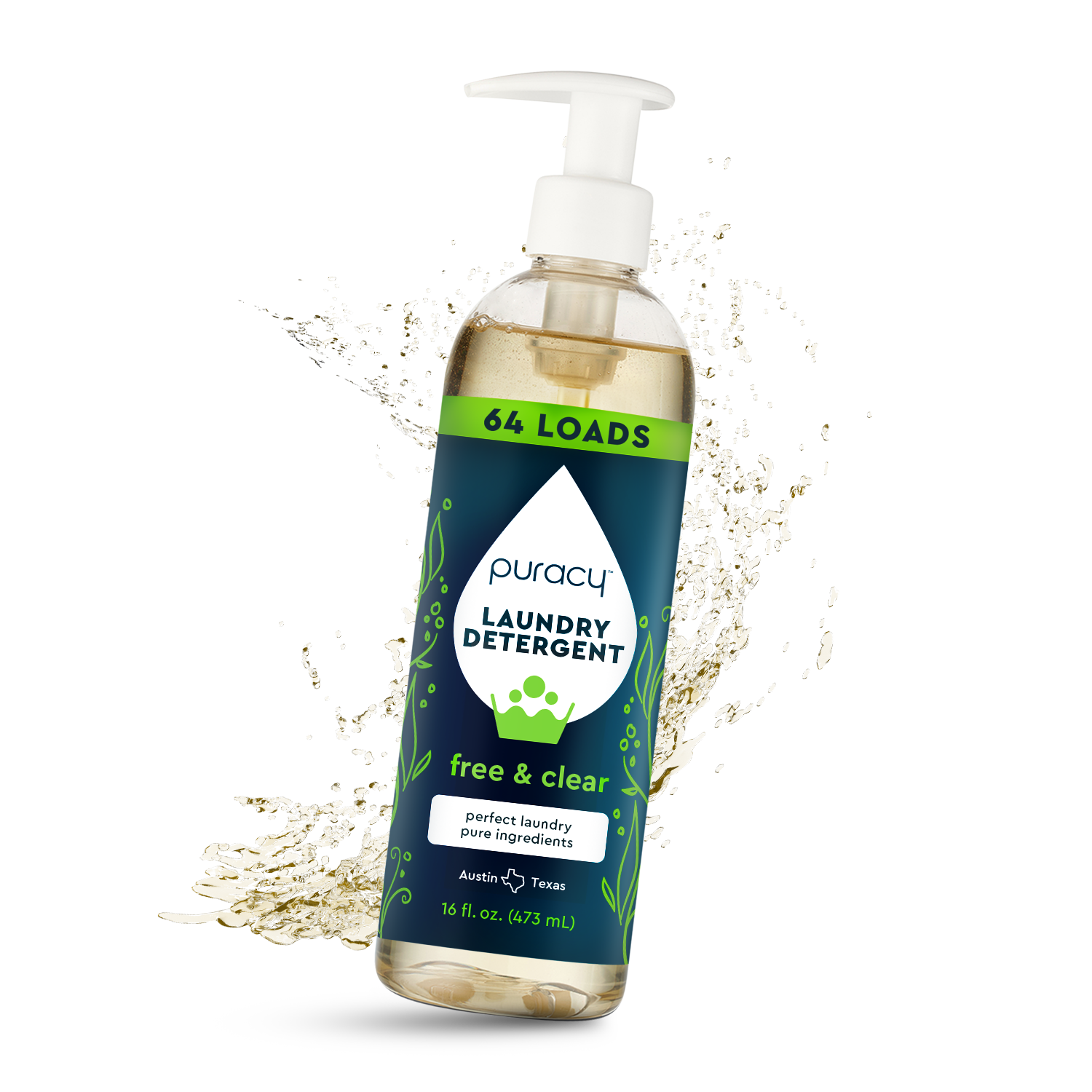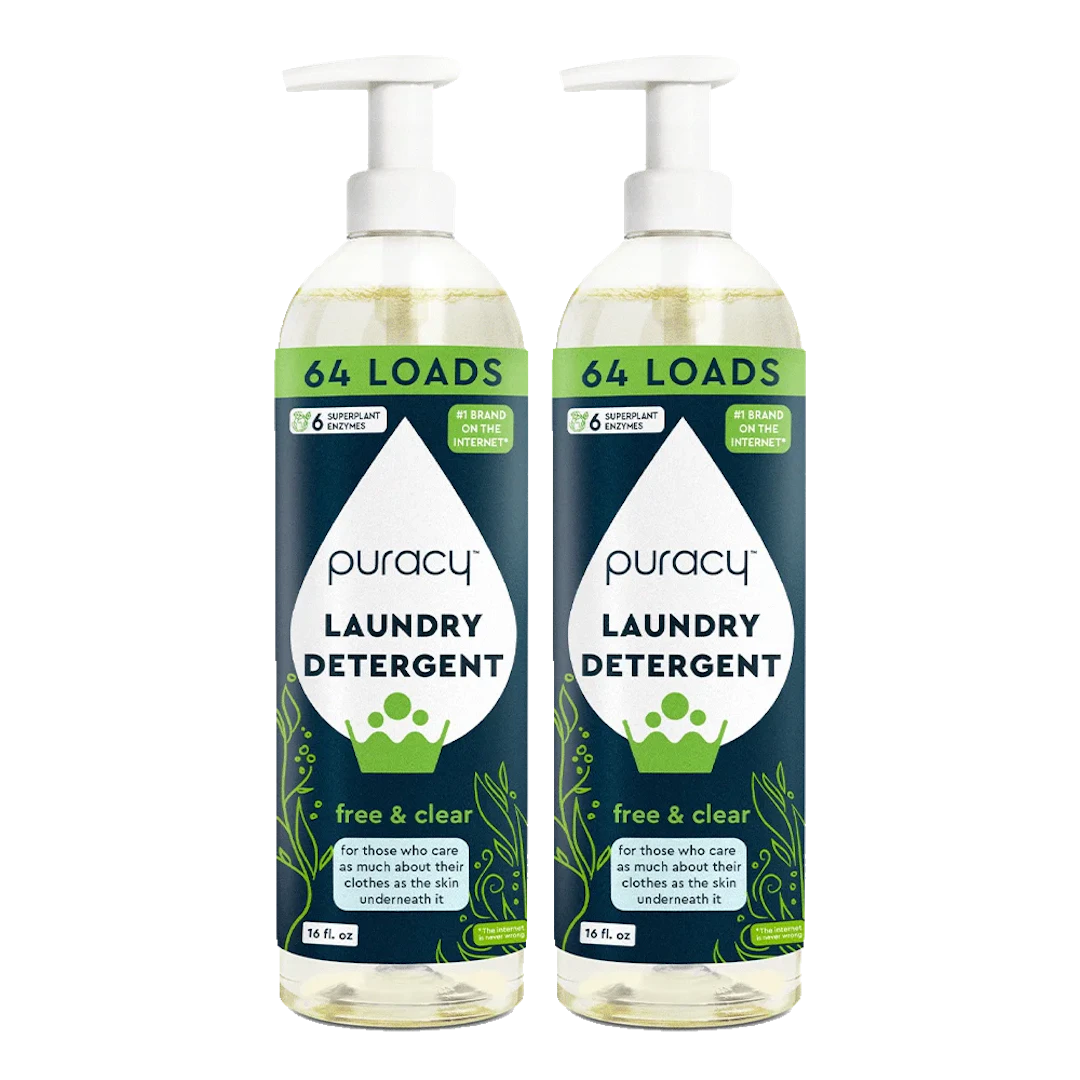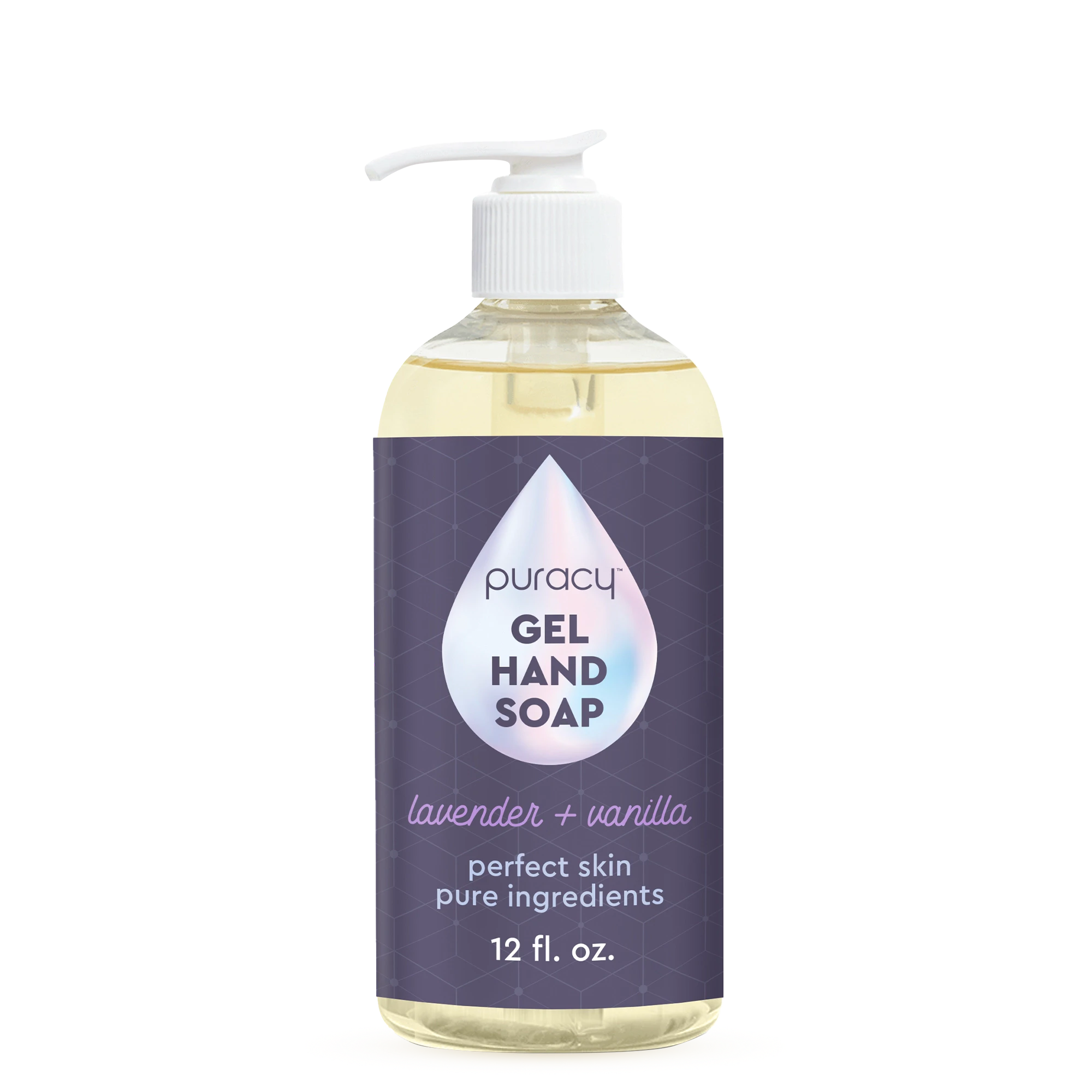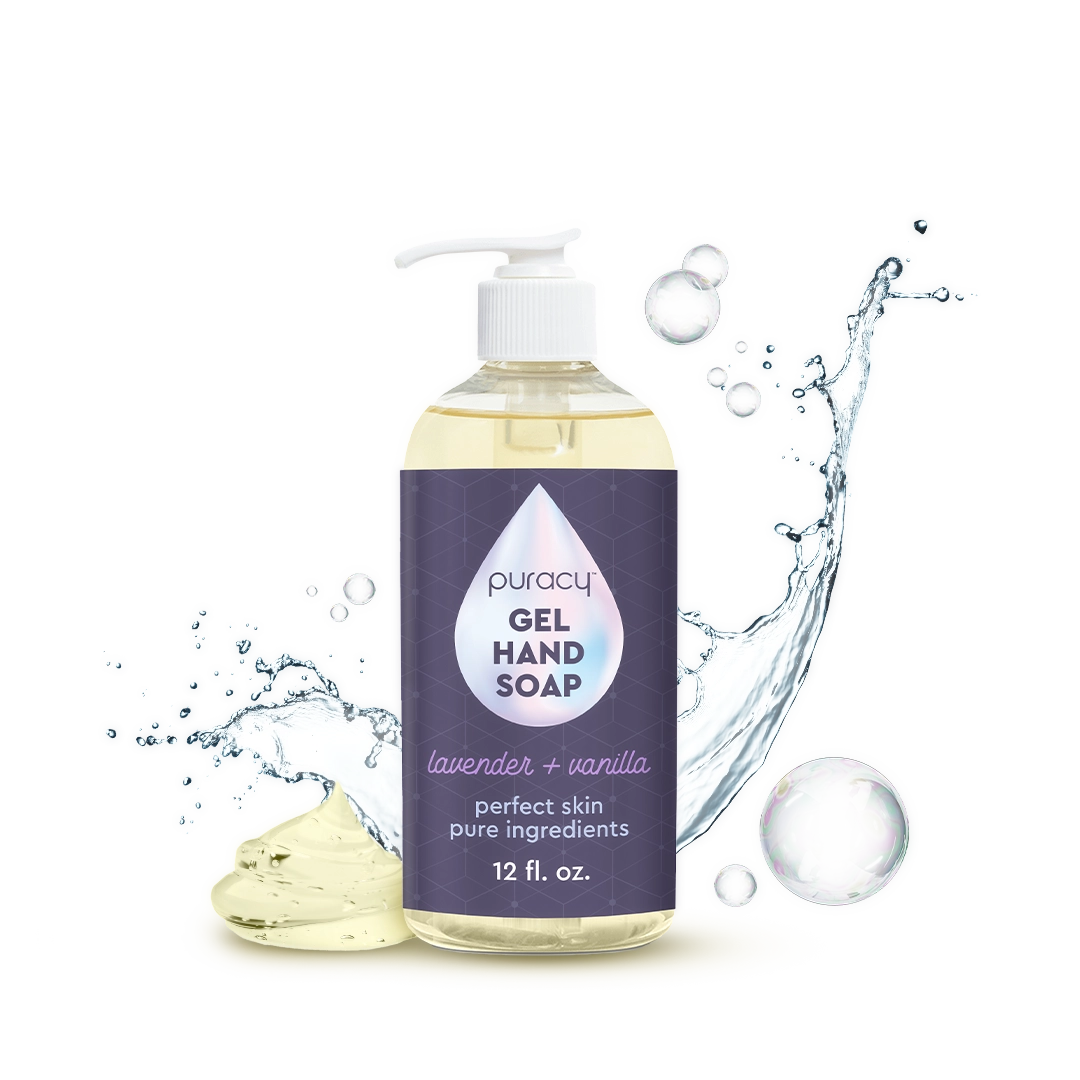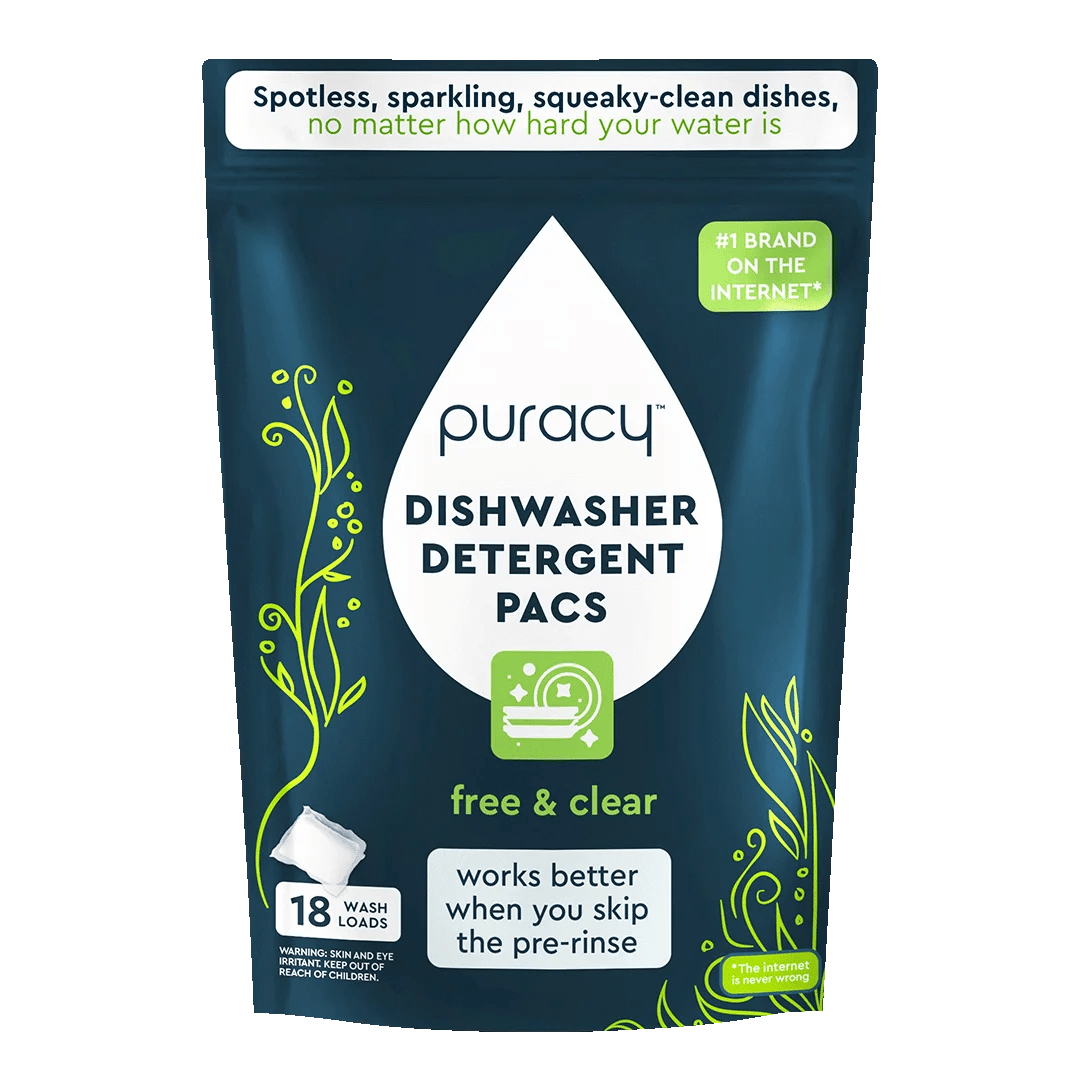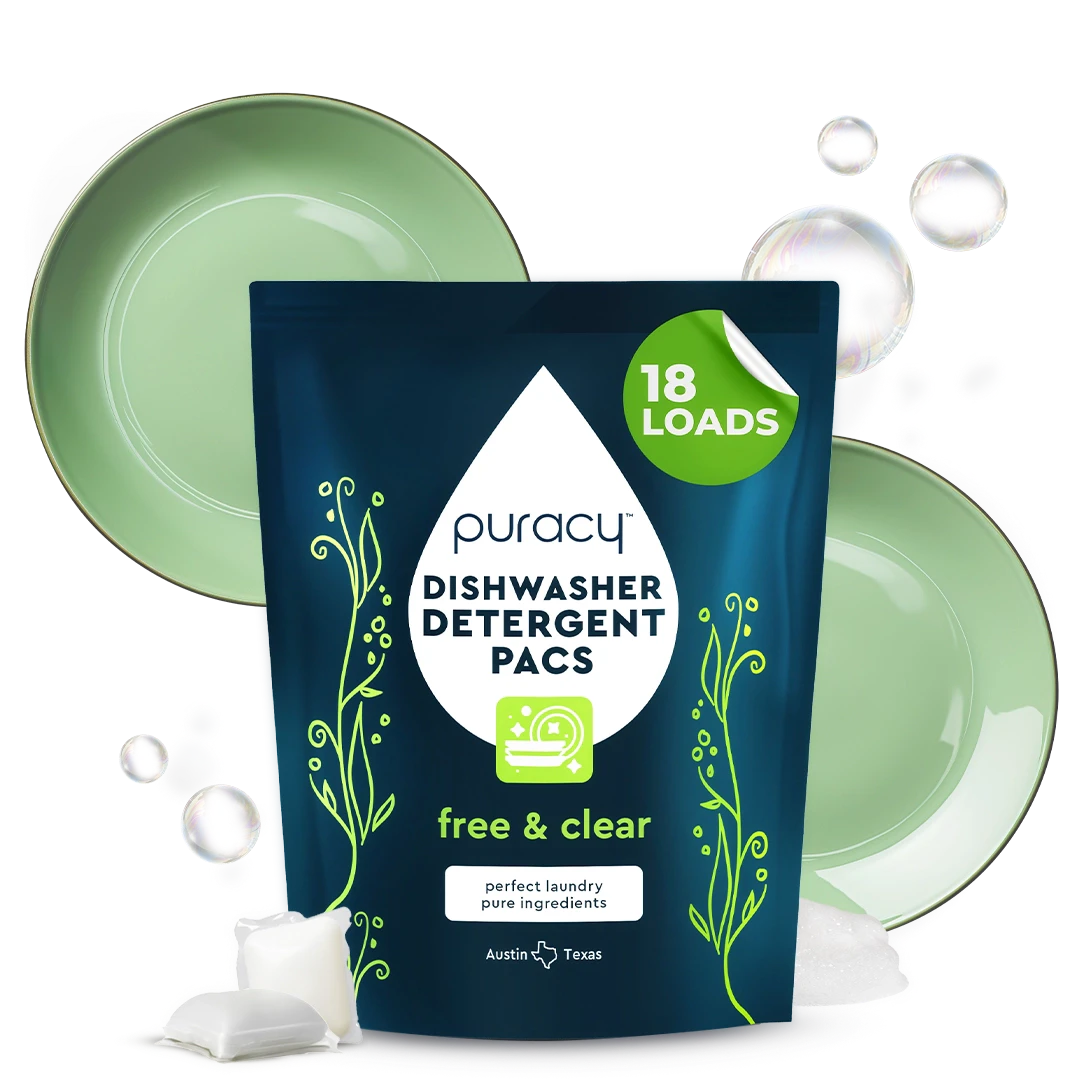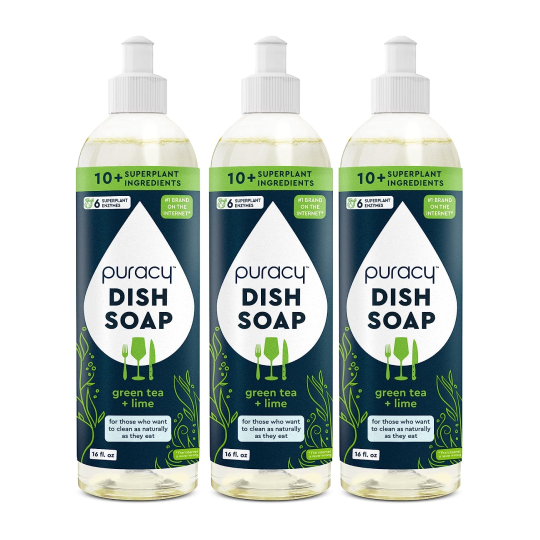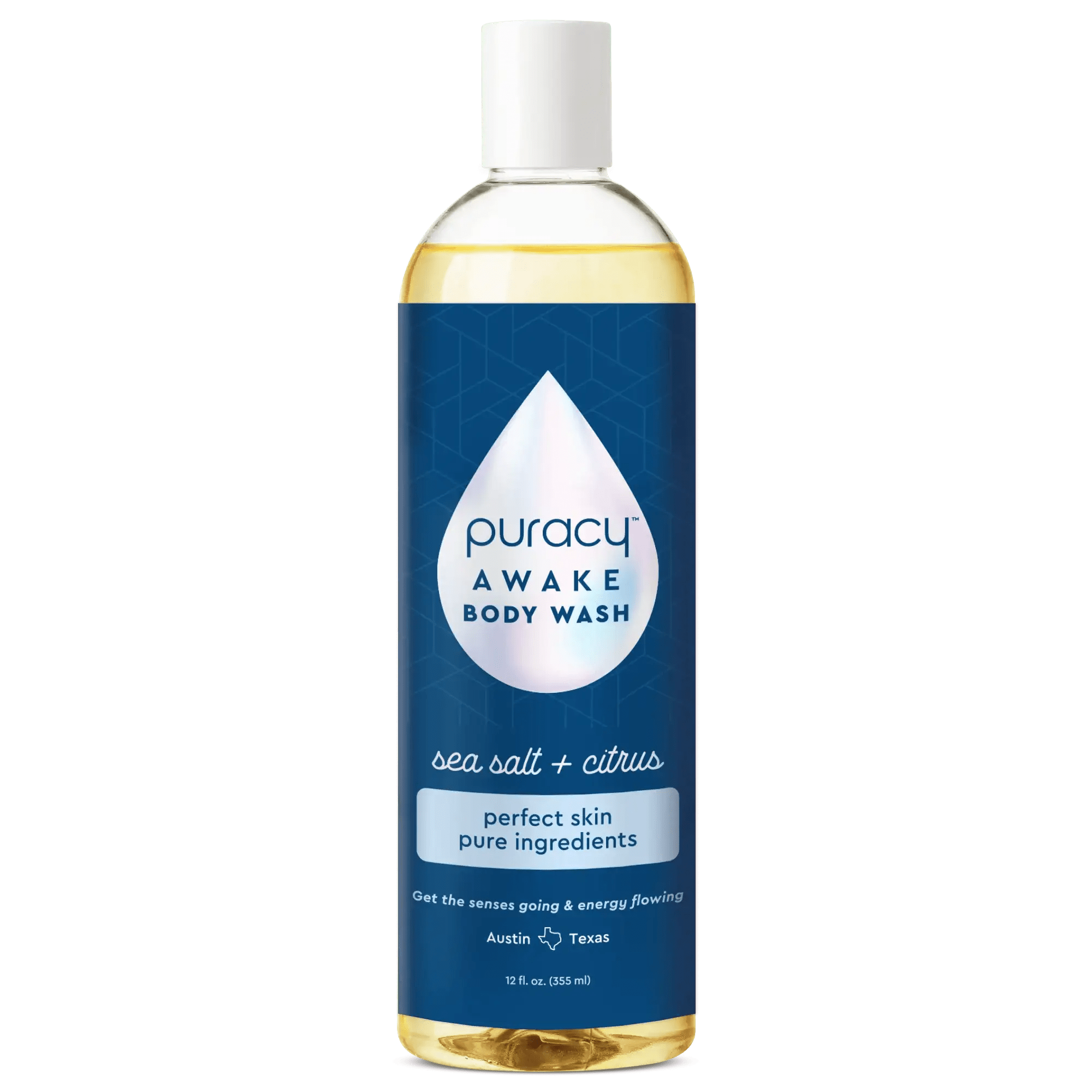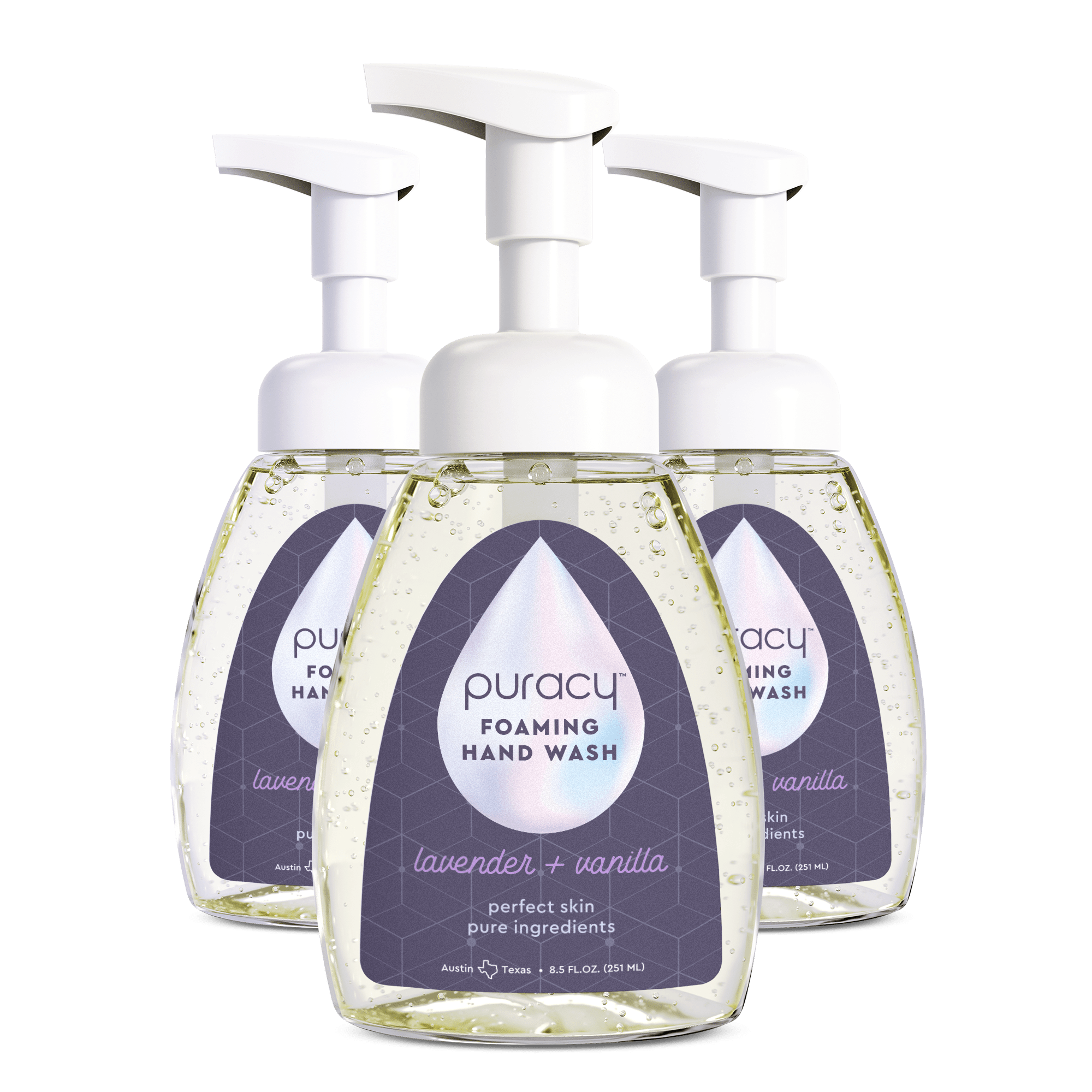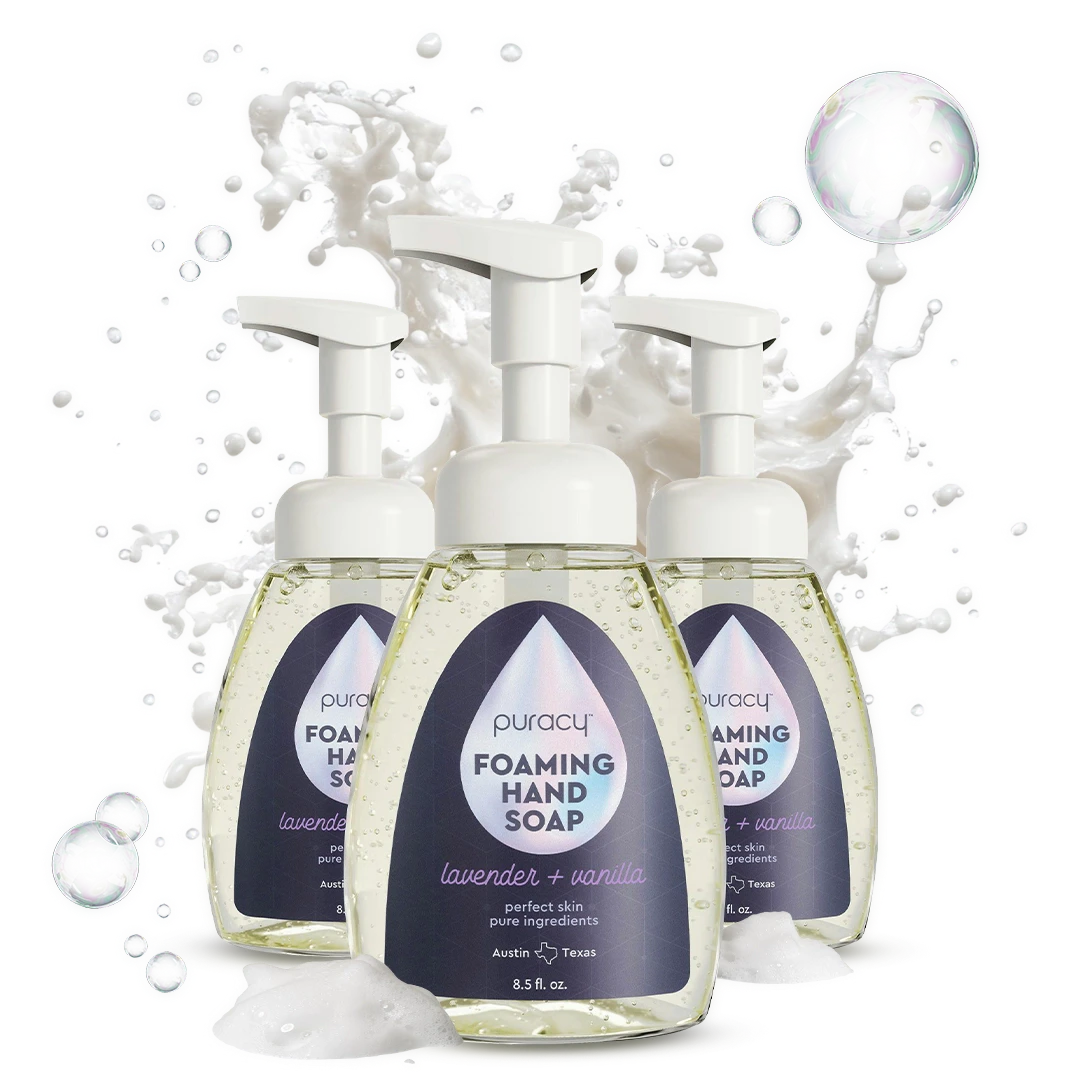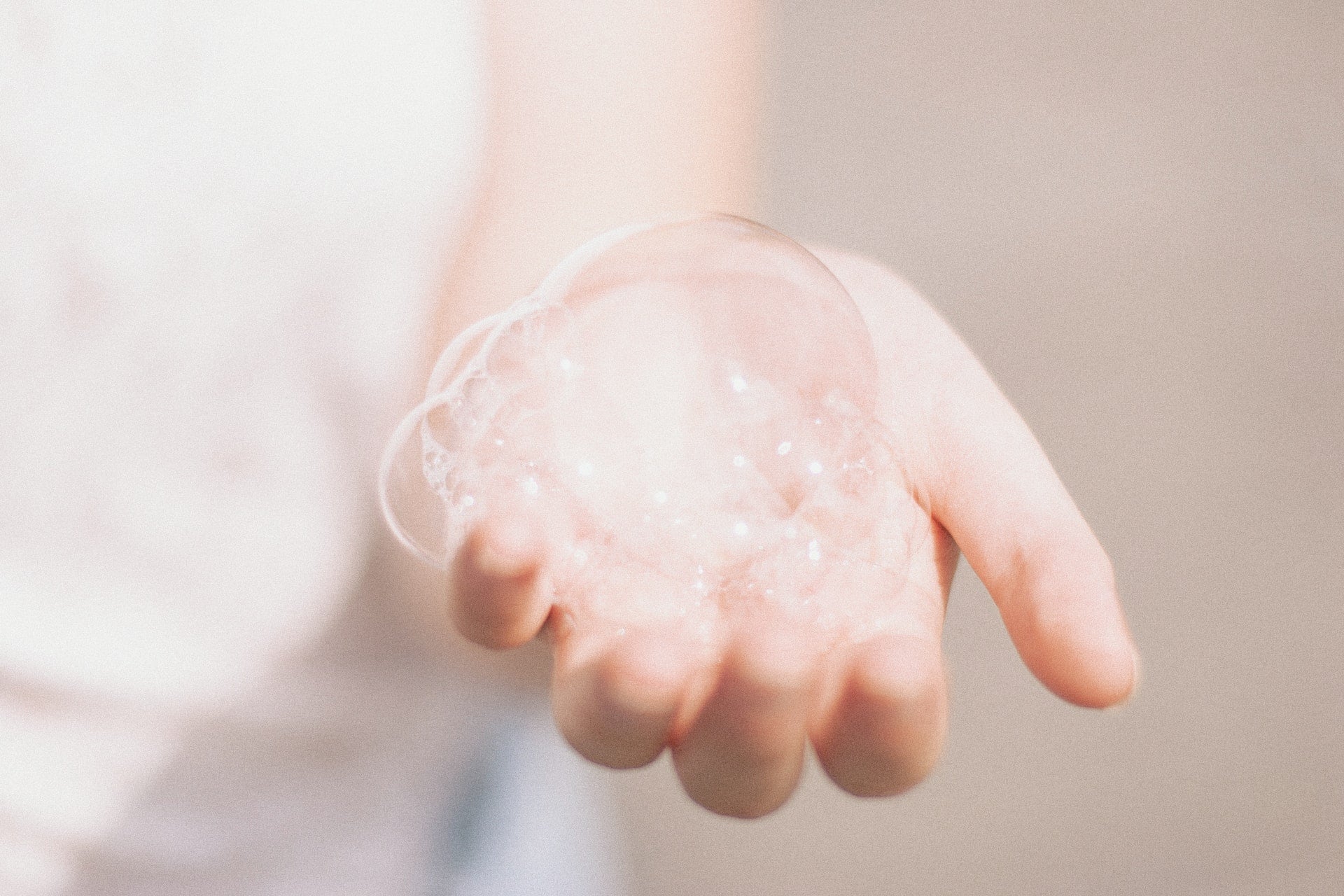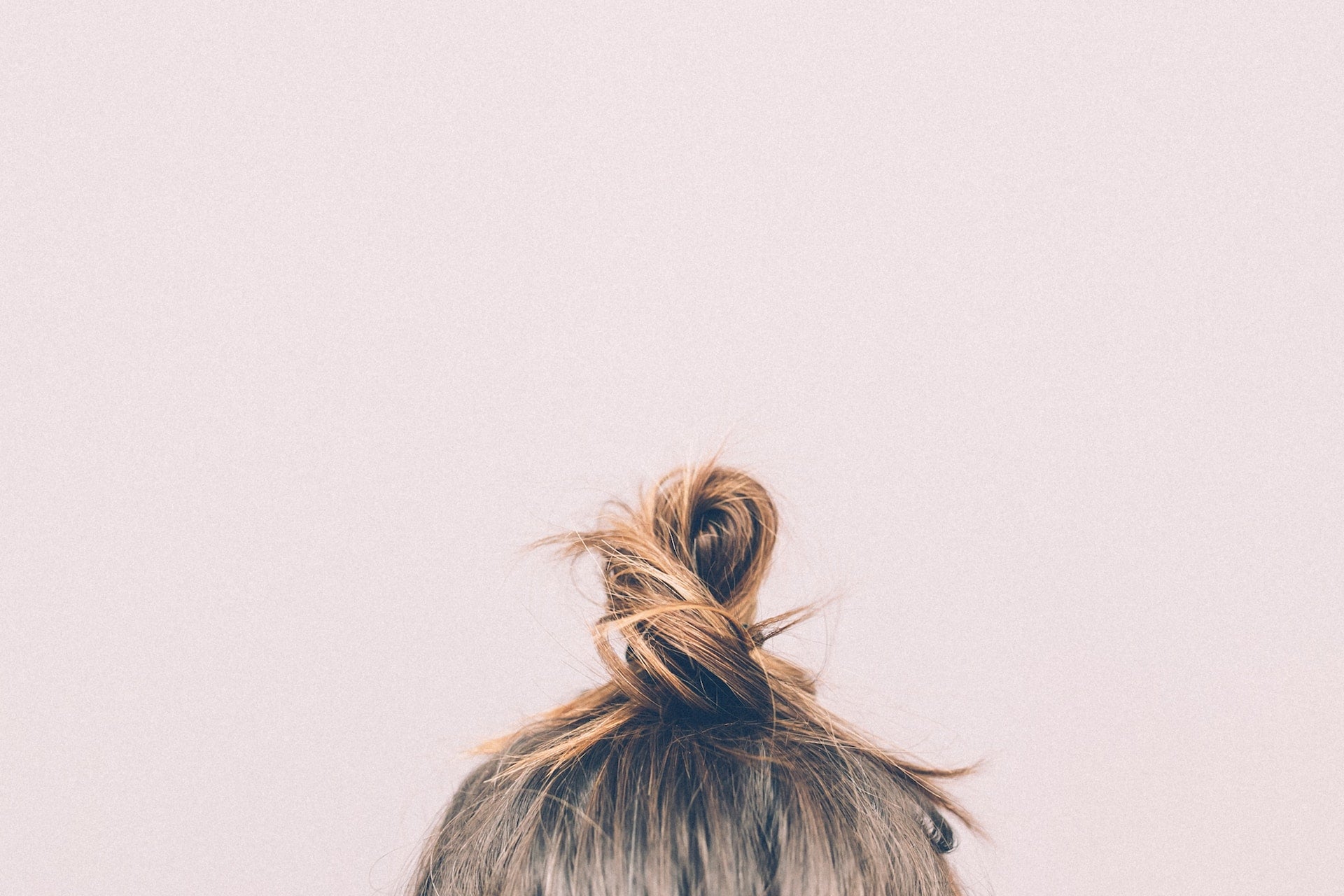
Does Dry Shampoo Cause Hair Loss?
If you’re a regular user of dry shampoo when you don’t have time to wash your hair, you may have wondered: can dry shampoo cause hair loss? Learn the dangers of dry shampoo overuse, as well as tips for healthy usage and maintaining healthy, strong hair between washes.
What Is Dry Shampoo and How Does It Work?

Dry shampoo is a type of shampoo that reduces grease and absorbs dirt and grease from your scalp without the need to wash your hair. It can also be used to create volume and as a substitute for mousse on wet hair. It usually comes in an aerosol can though it is powder in form.
Dry shampoo's cornstarch base absorbs sebum, which produces grease and oil in your scalp. Sebum is essential to healthy hair and a healthy scalp, but it can also leave your hair looking greasy. Dry shampoo soaks it up, along with sweat and oil, to give your hair a clean and fresh appearance.
Does Dry Shampoo Really Cause Hair Loss?

There are no scientific studies that directly link dry shampoo to hair loss. However, if you frequently use dry shampoo, it can accumulate on your scalp, stripping away oils that build up and keep your scalp healthy. This can lead to clogged follicles, which damage your hair and can eventually lead to hair loss or hair thinning.
Clogged hair follicles result in minimized oxygen to your scalp, which inhibits growth and weakens hair growth. This can also lead to possible infections, such as folliculitis, a result of inflamed hair follicles. In severe cases, the scalp can develop seborrheic dermatitis, resulting in inflamed skin and excess dandruff.
Dry Shampoo Overuse
Though not directly tied to hair loss, dry shampoo, like any product, can cause damage when overused. Excessive usage can leave hair brittle and more prone to breakage. Additionally, dry shampoo is designed to absorb moisture, and overusing it can leave hair dry and irritated.
Ingredients to Avoid
Make sure your dry shampoo doesn’t contain harsh, abrasive ingredients that can dry out hair or irritate skin. Avoid the following:
- Sulfates: SLS can easily remove too much sebum on the scalp, causing flaking.
- Parabens: There are many different types of parabens, but Butylparaben in particular is more likely to cause skin redness, irritation, pain, and itchiness.
- Talc: Naturally occurring asbestos has been known to contaminate talc during the manufacturing process.
- Synthetic fragrances: Artificial scents can be hazardous to sensitive skin, triggering allergies, eczema, headaches, and more.
- Alcohol: Alcohol can severely dry out your scalp, resulting in dandruff, clogged pores, and dry and irritated skin.
- Polyethylene glycols: PEGs can be contaminated with toxic impurities like ethylene oxide and 1,4-dioxane, which are linked to cancer and organ system toxicity.
Can You Use Dry Shampoo on a Receding Hairline?

If you have a receding hairline and also suffer from dandruff, irritated skin, and/or dryness, you should avoid dry shampoo, especially if you overuse it. However, occasional use of dry shampoo should be fine, as long as you refrain from using it excessively.
What’s the Best Type of Dry Shampoo to Use?

When choosing a dry shampoo, look for formulas that have been certified benzene-free. Short term exposure to this volatile liquid can irritate or inflame skin, and it's a certified carcinogen according to the International Agency for Research on Cancer.
Puracy’s Natural Dry Shampoo features a benzene-free, hypoallergenic, microfine formula that balances sebum production, absorbs excess oil, and nourishes the hair and scalp. Plus its silicone-free formula goes a step further to promote a healthier scalp with plant-based hydration and carefully selected antioxidants.
Lifestyle Tips to Avoid Hair Loss

1. Avoid overusing dry shampoo.
Dry shampoo is great as an occasional quick fix when you can't fit in a full hair washing session. Using it daily or more than two times in between washes can lead to dandruff, dryness, and in severe cases, infection and inflammation.
2. Limit stressors.
One of the most common causes of hair loss? Stress! Constant emotional or physical stress can limit the body's functions, including hair growth. If your body is in extreme stress for long periods of time, it can result in hair loss.
3. Upgrade Your Shampoo
If you're experiencing hair loss, you can discuss using a prescription shampoo for hair growth with your doctor. Alternatively, you can look for a natural shampoo that contains ingredients that stimulate hair growth, such as biotin, keratin, and ginseng.
4. Ditch the heat.
Avoid styling your hair using high heat or heat styling tools. The high temperatures can leave your follicles and hair shaft dehydrated and damaged after excess usage.
5. Choose your brush wisely.
Daily brushing is important for healthy hair, so use a brush with soft, natural fibers to promote healthy oil levels. Regular brushing will also help smooth and condition your hair cuticles.
